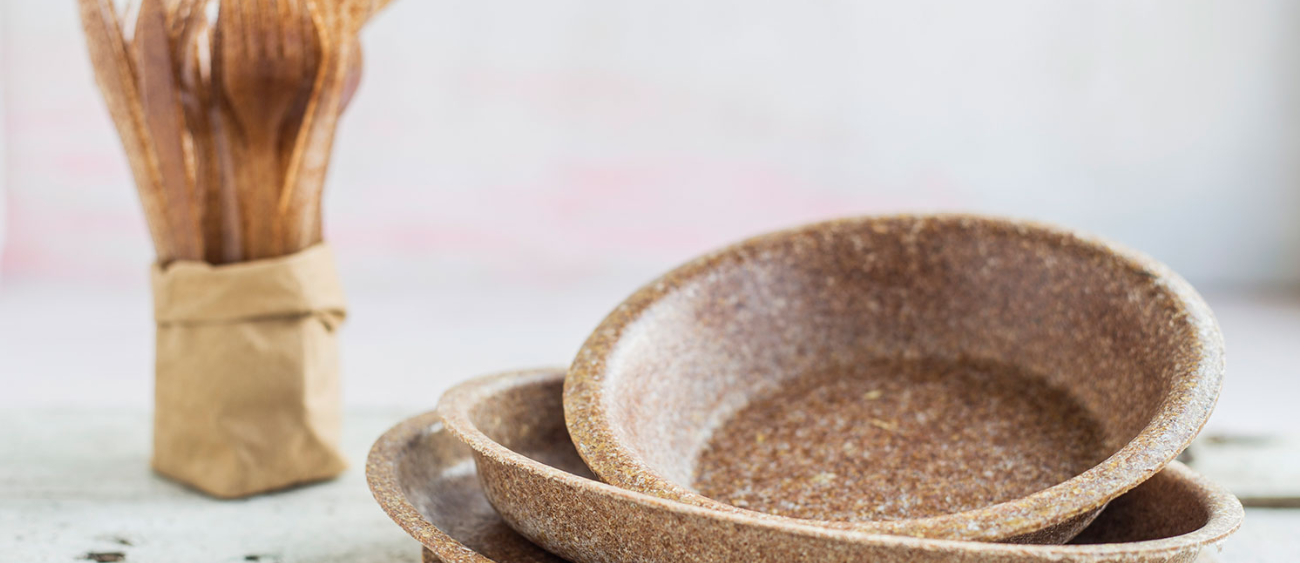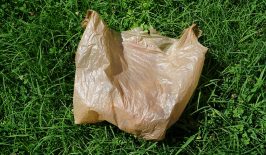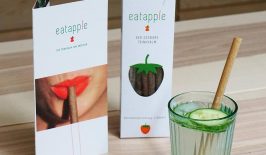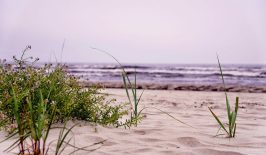In December, it was announced that the EU has agreed on new measures to tackle plastic waste, with a ban on disposable plastics coming into force in 2020. The ban primarily concerns one-use disposable plastics, such as plastic cutlery and drinking straws. Every year, around 8 to 12 million tons of plastic makes its way into our oceans, resulting in significant damage to the ecosystem and environment.
There are already quite a few alternatives around. The startup Eatapple, for example, uses the apple juice waste to produce drinking straws. And when it comes to disposable plates and cups, too, there have long been alternatives to petroleum-based products. Examples include plates made from palm or banana leaves and bottles made from sugar cane. But the disadvantage of these products is that they or their raw materials have to travel a long way before we can use them for our picnics, meaning compostable tableware, though it might not end up in our oceans, often has a pretty hefty ecological footprint.
Polish miller Jerzy Wysocki had noticed the same issue, and came up with an idea that killed two birds with one stone. Wheat bran is a by-product of the flour production process and for a long time was treated as a waste product and used as animal feed. Since the middle of the 19th century, however, bran has also been valued as a foodstuff and is often used in muesli and crispbread.
However, Wysocki also found a completely different use for wheat residues: with a little water, high pressure and high temperature, wheat bran can easily be formed into plates. This produces plates and bowls without any other additives, and which can be composted within 30 days. According to Biotrem, the company formed by Wysocki to develop his idea, energy and water consumption are also limited, while the dishes themselves are also edible – providing a tasty alternative to doing the washing up.
In Germany, for example, the wheat plates are sold on Birkenspanner, a platform for sustainable festival products. Additionally, Biotrem have announced they will also be developing a gluten free version for those with a gluten intolerance.
This is a translation by Mark Newton of an original article which first appeared on RESET’s German-language site.






